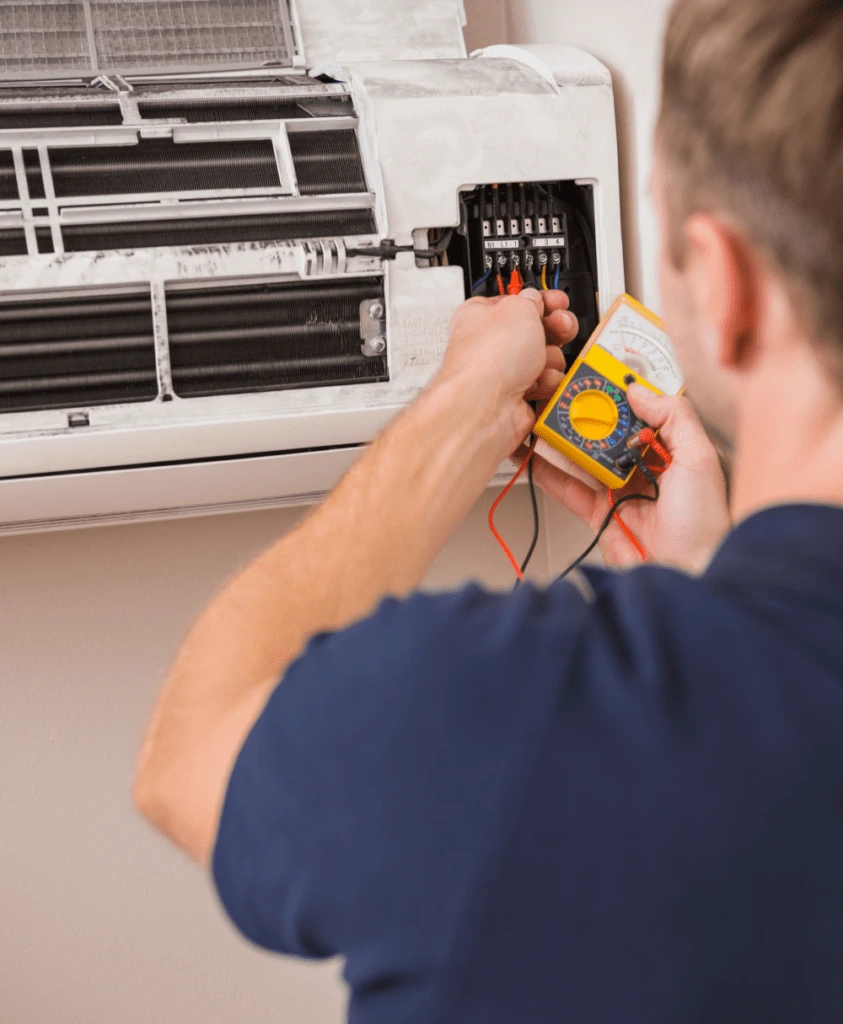
When your air conditioning system isn’t working like it should, it’s natural to wonder whether a repair will do the job or if it’s time for a full replacement. Both options have their pros and cons, and understanding these can help you make a confident decision. Here’s what to consider if you’re debating between repairing your AC unit or investing in a new one.
Take Note of System Age and Reliability
The age of your AC unit is often the first factor to consider. Air conditioning systems generally last 10 to 15 years, depending on the brand and maintenance history. If yours is reaching or surpassing that range, you’re likely better off with a replacement, as frequent repairs can add up quickly. Conversely, if your system is only a few years old, a repair can extend its life without the need for an immediate replacement.
Evaluate the Frequency and Cost of Repairs
Think about how often you’ve had your AC serviced recently. If you’ve had more than a couple of major repairs in the past few years, those costs may be adding up close to or above the cost of a new system. The “50% rule” can help in decision-making: if the cost of repairs is close to 50% or more of a replacement, it’s likely time to upgrade. A newer unit may provide better cooling, efficiency, and fewer unexpected repair bills.
Consider Energy Efficiency and Monthly Costs
Older AC units are often less energy-efficient, which can drive up your utility bills, especially in hot climates like Port St. Lucie. Upgrading to a modern, energy-efficient system could significantly lower your energy costs over time. Check for ENERGY STAR-certified systems, which are designed to use less energy than standard models. Even if an older AC can be repaired, consider that a replacement might be more affordable in the long run due to energy savings alone.
Factor in Home Comfort and Indoor Air Quality
Air conditioning systems don’t only cool your home; they also help maintain indoor air quality and regulate humidity. If your current system is struggling to keep your home cool or you notice more dust and pollutants, these issues could indicate it’s time for a replacement. Newer systems can filter air more effectively and remove excess humidity, which can make a noticeable difference in comfort and air quality.
Assess Environmental Impact
A newer AC system can also reduce your home’s environmental impact. Newer units tend to use refrigerants with lower environmental risks and can improve efficiency, reducing energy consumption. Choosing a high-efficiency system with modern refrigerants is a more eco-friendly option, which can be a meaningful factor for many homeowners.
Weigh the Long-Term Value
Replacing an AC system is a bigger upfront cost, but it also brings long-term value. Besides immediate benefits, like improved comfort and lower bills, a new system could boost your property’s market value. If you plan to stay in your home for several years, investing in a replacement may provide better value over time.
Make the Right Decision with Expert Guidance
Whether you lean toward repair or replacement, consulting with a trusted HVAC professional is key. They can inspect your system, discuss your options, and give advice tailored to your home’s needs. Getting a second opinion ensures you’ll make a fully informed decision that best suits your budget and goals.
When deciding between AC repair and replacement, consider the system’s age, repair costs, energy efficiency, comfort levels, and long-term value. Balancing these factors can help you choose an option that fits both your immediate needs and future plans.